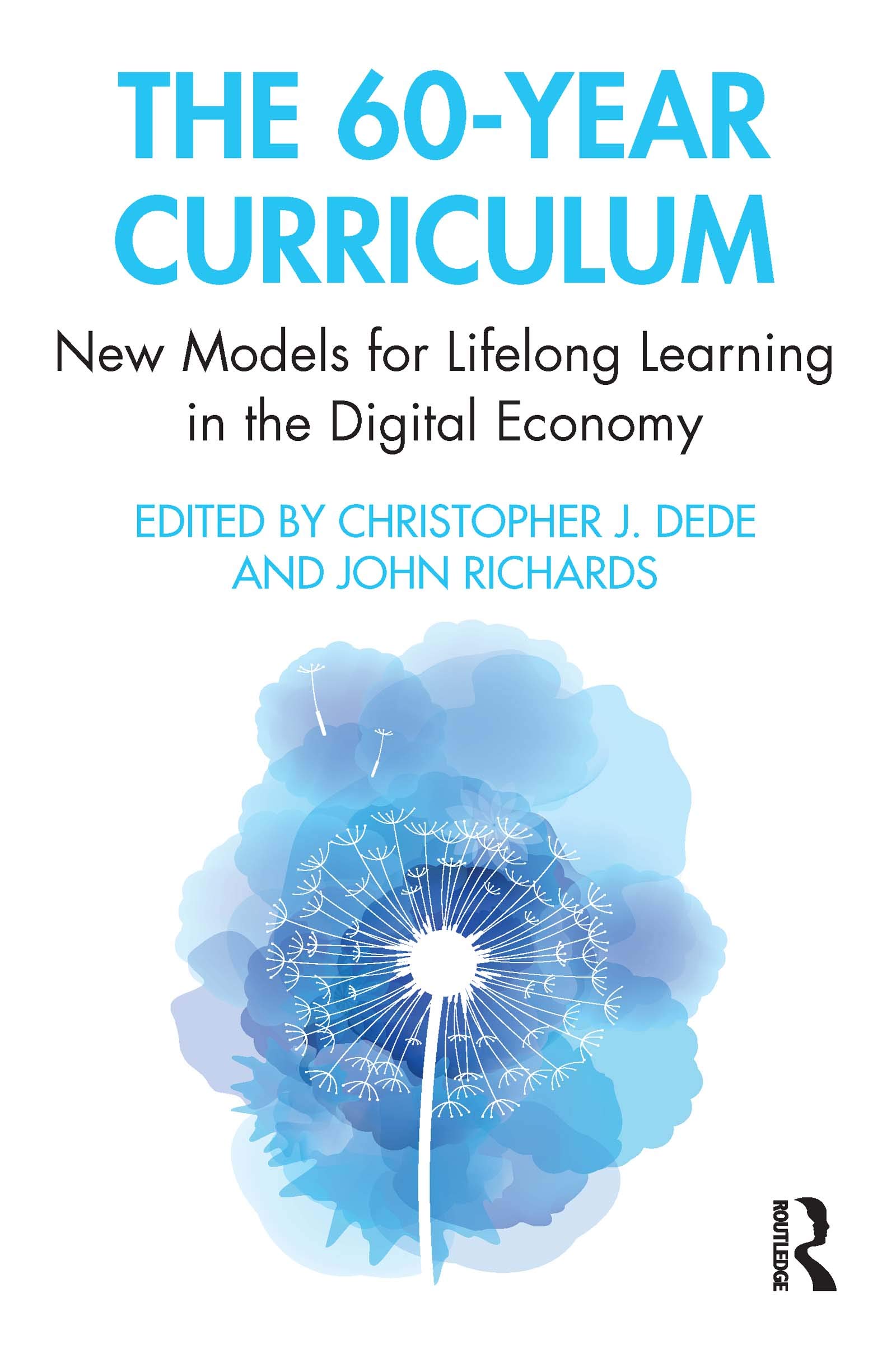 The 60-Year Curriculum: New Models for Lifelong Learning in the Digital Economy by Chris Dede
The 60-Year Curriculum: New Models for Lifelong Learning in the Digital Economy by Chris Dede
My rating: 3 of 5 stars
Central question: “What are the organizational and societal mechanisms by which people can upskill later in their lives when they do not have time or resources for a full-time academic experience that results in a degree or certificate?”
>“Creating these mechanisms requires developing novel services for adults who are learning while working”
>“Lifelong commitment to alumni that includes periodic opportunities to upskill through services offered by the institution:
o Micro-credentials
o Mini-mester classes
o Credit for accomplishments in life
o Personalized advising and coaching as new opportunities and challenges emerge
o Blended-learning experiences with distributed world-wide availability
o Partnerships and collaborations with organizations outside of academia with complementary strengths and missions
>“Education emphasis shifts to acquisition of competencies rather than disciplinary topics and knowledge communication… student’s goal is to develop a suite of skills and strategic attitudes to make a difference in the world rather than attaining formal academic certification to meet immediate occupational role.”
• Situated workplace learning and acculturation
• Coalitions of extension schools working together for iterative, cyclical, continuous adult learning
Focus on adult learning and who adult learners are:
• Independent and self-directed
• Mature with life experience as a resource to form a base for new learning
• Motivated by life tasks, issues and challenges
• Value just-in-time more than just-in-case
• Prefer problem-centered rather than content-centered learning
Approaches:
• Individualizing student paths to content mastery through adaptive and competency-based education
• Assessment of skills such as systems-thinking, collaboration and problem solving in the context of deep, authentic, subject-area knowledge assessments
• Aligning skills taxonomies for skill-visualization maps that encourage lifelong learning and individual paths
• Promote constant learning mindset
What are future profession personas?
“Design curriculum with rather than for adults”
“unlearning: we have to let go of deeply held, emotionally valued identities in service fo transformational change to a different, more effectives set of behaviors”

